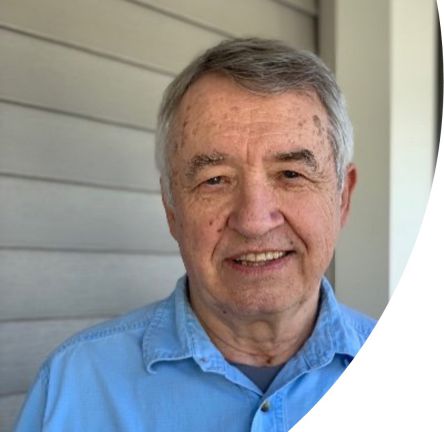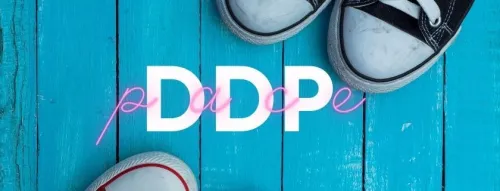PACE | In-house Training
- Friday 1 January 2027
- 9:00 am - 4:00 pm
- Your Location
| CPD Hrs | 16 |
|---|---|
| Includes | Catering, handbook, certificate and coaching |
In-house training: If you have a group of 12 or more staff we can arrange DDP training at your workplace. Email us.
Brain-based attachment model for supporting children, young people and families/carers
This training is for those who work with, teach, provide care or parent children and young people who have experienced the damaging effects of abuse, neglect and disruption. The underpinning model is Dyadic Developmental Practice (DDP). Developed by Dr Dan Hughes as a central part of attachment-focused family therapy, the approach supports adults to get beyond the behaviour and defences of children in their care by developing an attitude of Playfulness, Acceptance, Curiosity and Empathy (PACE). PACE enables adults to build safe, trusting and meaningful relationships with young people who have experienced trauma.
PACE is a way of thinking, feeling, communicating and behaving. The approach focuses on building trust, strengthening emotional connections and shared experiences, developing a sense of security and containing heightened emotions. Using PACE helps adults to slow down their own reactions, stay calm and attune to what the young person is experiencing in the moment. It sends signals that make it safe to be sad, share moments of joy or seek comfort. In tricky moments it helps stay emotionally regulated and guide the young person through their emotions, thoughts and behaviours. In turn, PACE helps the young person feel more connected to and understood by adults in their life. It helps to slow down their own responses and break down the wall of shame and mistrust many feel.
It is an approach which limits shame, promotes compassion and brings a sense of mutual support, strength and resilience.
Dan Hughes, DDP Founder

But being consistently PACEful can be challenging. Especially when working or living with young people whose adverse childhood experiences have altered their trust of adults and their intentions. Their heightened emotions, mistrust and behaviour, can in turn affect how adults care for them and themselves. Preventing blocked care and further disruptions importantly requires self-care and reflective space for adults to maintain a PACEful attitude. By helping participants to understand and respond to the impact of relational trauma on both the young person and the adult, the workshop aims to reduce the spiral of failed relationships suffered by many young people who have been removed from their birth families.
In this two-day workshop the focus is on PACE in action, by giving you the foundations to support your development and motivation to use the PACE attitude. It is aimed at a wide range of professionals and adults who work with, teach, support and provide care for children and young people who have experienced the damaging effects of abuse, neglect and disruption. This includes foster and kinship carers, birth families and parents, workers supporting birth families and foster and kinship placements, residential care staff, youth workers, teachers/educational staff, as well as professionals working within Child Safety, Youth Justice and other support roles. Reading materials, video clips and activities support and reinforce each area covered.
Day One
- Introduction and connections
- Cultural issues and the Australian context
- Brain Development
- Attachment
- PACE: what it is and isn't
- What stops us being PACEful? - blocked trust and fear of connection
- PACE in action
Day Two
- More things that stop us being PACEful? - shame, values & attitudes
- Blocked Care
- Self Care
- PACE in action
Post-workshop
Following the workshop you are invited to access 2 hours (2 x 1 hour) of online group coaching to help build your confidence and connect you with others using PACE.
DDPI Worldwide: DDPI Worldwide is the global Dyadic Developmental Psychotherapy and Practice training and certification institute. They partner with Compass Seminars Australia to offer Dyadic Developmental Psychotherapy (DDP) and PACE (Playfulness, Acceptance, Curiosity, and Empathy) training programs. These courses integrate the neurobiology of trauma, child development, and attachment theory to provide a therapeutic and parenting approach for supporting children and young people with relational trauma and attachment difficulties. Our programs include various levels of DDP training and practical PACE applications for professionals, available in locations across Australia. Find out about DDPI Worldwide











